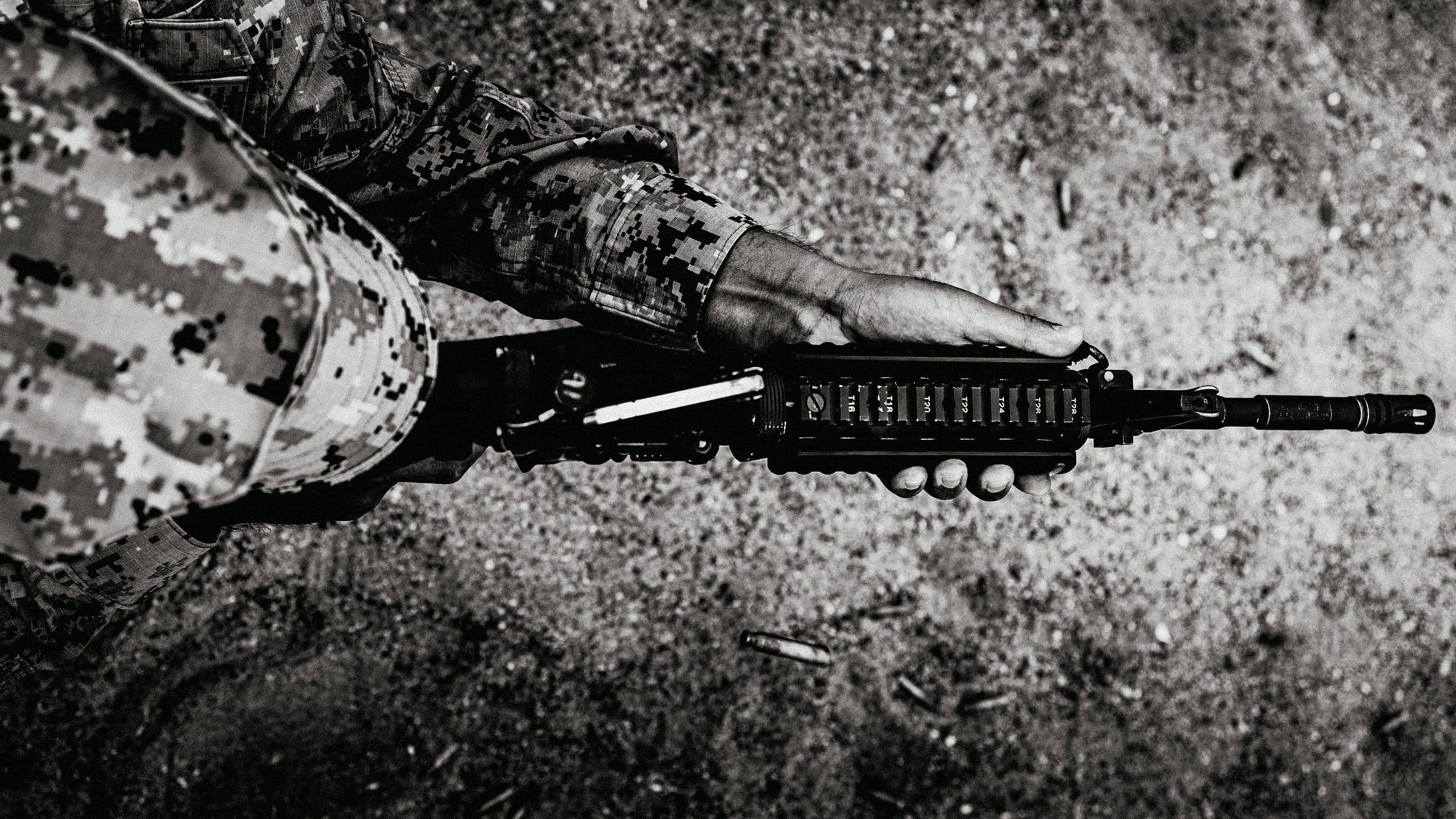The Pentagon Just Gutted Its Own Weapons Watchdog
And the people most likely to pay for it wear uniforms, not suits.

There’s a certain dark irony in how the Pentagon just justified cutting its independent weapons testing office in half.
The official line? To “get warfighters what they need faster.”
But the real message is “we’re going to skip a few safety checks so the next defective rifle will definitely blow up in our soldiers’ faces”.
Author’s note: This actually happened to a guy I served with in basic training. His ancient M-16A2 literally blew up in his face. Fortunately, he was mostly unharmed, except that he looked like Elmer Fudd after the incident.
The office in question is the Director of Operational Test and Evaluation (DOT&E for short), the same group created in the 1980s after Congress got tired of soldiers dying with jammed rifles during Vietnam.
Its entire purpose was to make sure our weapons actually worked before they were shipped to the front.
Now, it’s been gutted like a fish. Staffing has been slashed by more than half, oversight has been cut by 40%, and the new Secretary of Defense, Pete Hegseth, says the reorganization is all about “efficiency.”
Ahh, nothing says “combat readiness” like skipping the part where you find out if the gun goes click instead of bang.
The Watchdog That Kept Contractors Honest
DOT&E was born in 1983 out of a very American problem: we love shiny new weapons systems, but we hate waiting for them to be tested properly.
The office existed to pour cold water on overhyped defense programs before they reached the field. Think of it as the adult supervision for an industry that gets $800 billion a year in allowance.
Their job was simple: test new systems under real-world conditions, reveal whether they actually worked, and make that information public. When DOT&E flagged something, it went to Congress, the Pentagon, and the taxpayer.
No spin, no contractor PR gloss… just cold, ballistic facts.
That oversight kept troops alive. It’s how we learned that early M16A1 rifles jammed so often in Vietnam that soldiers were found dead still clutching them.
It’s how we found out the F-35’s early software had more bugs than a Louisiana swamp.
And it’s how we avoided buying even more Zumwalt-class destroyers that cost as much as an aircraft carrier and are effectively useless in modern war.



